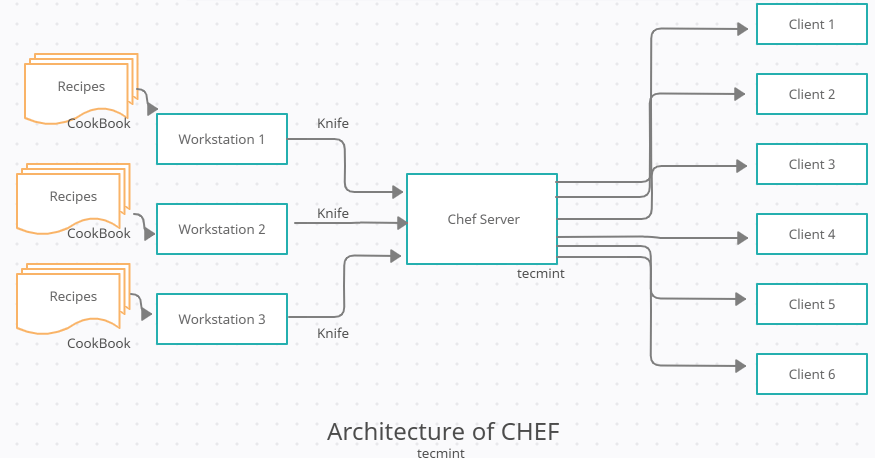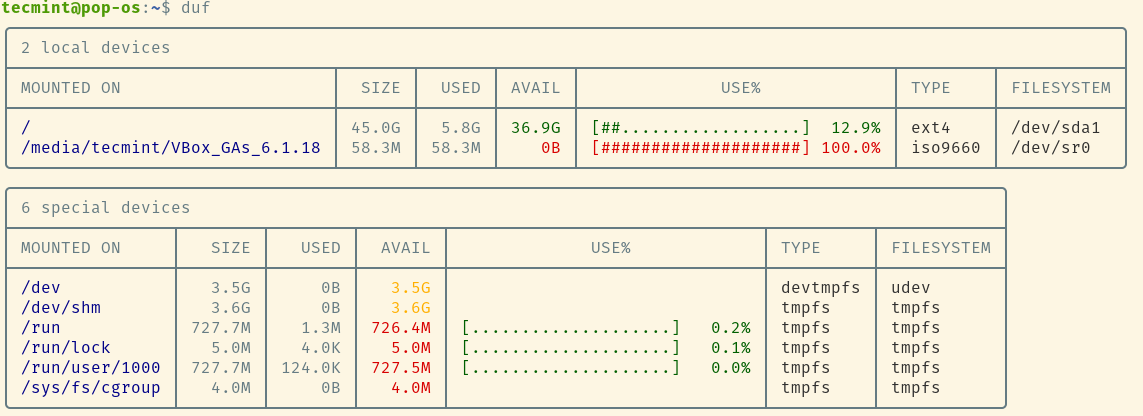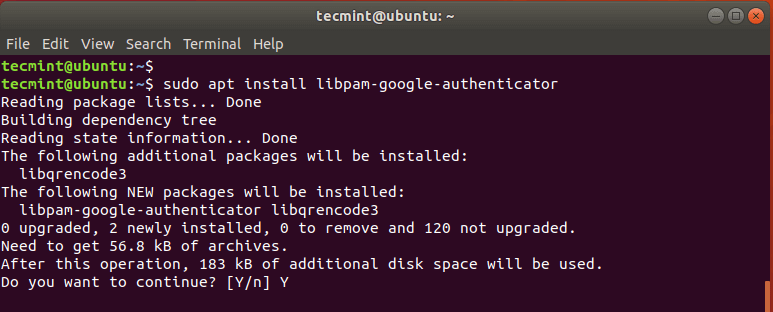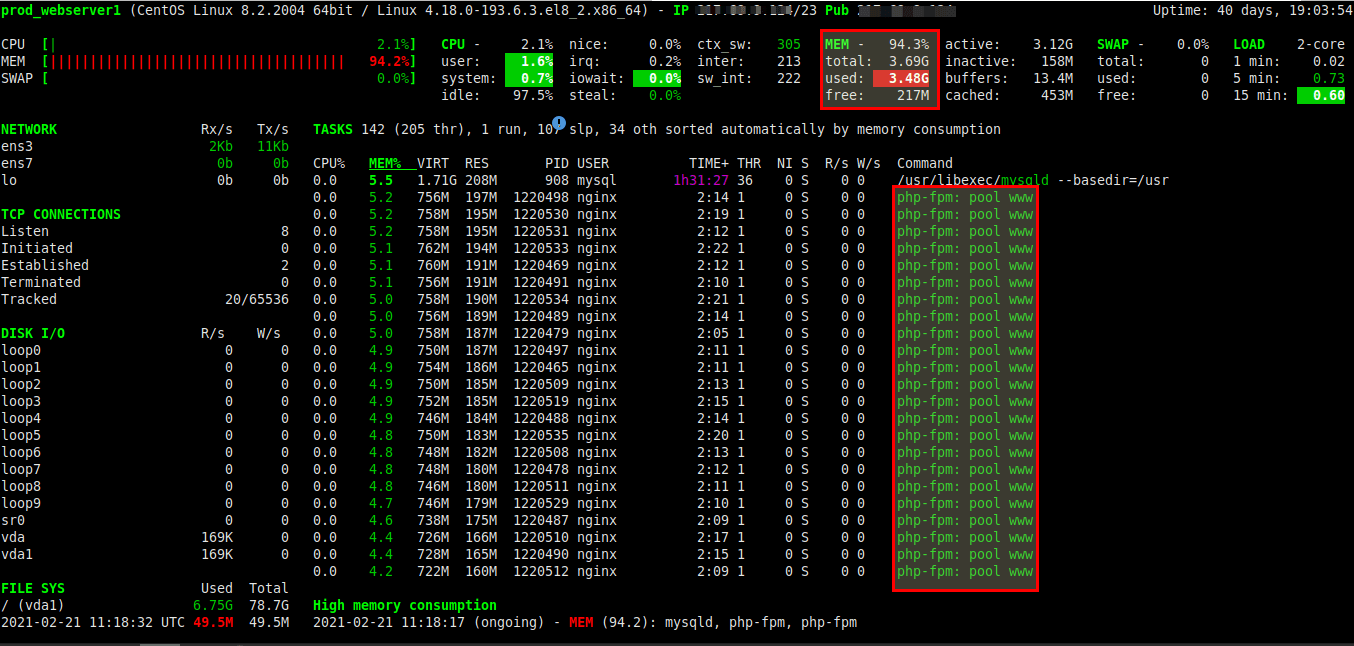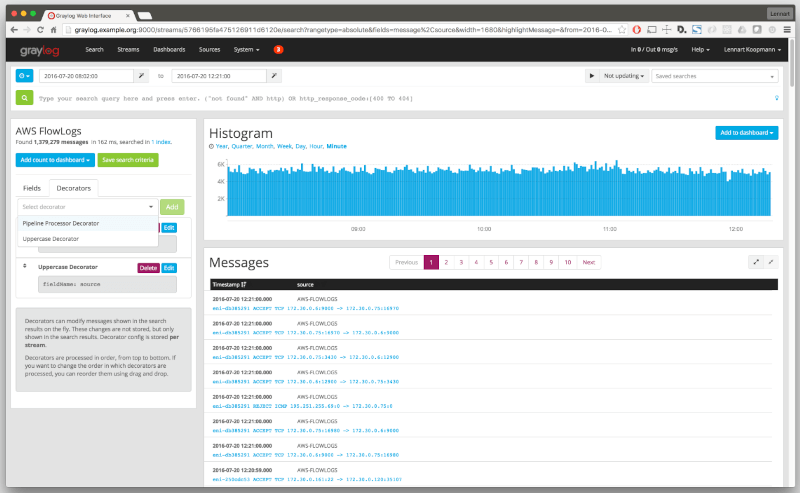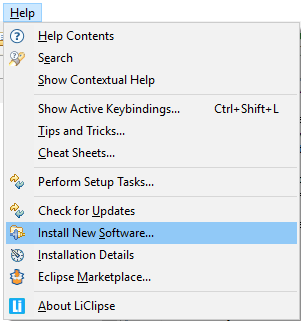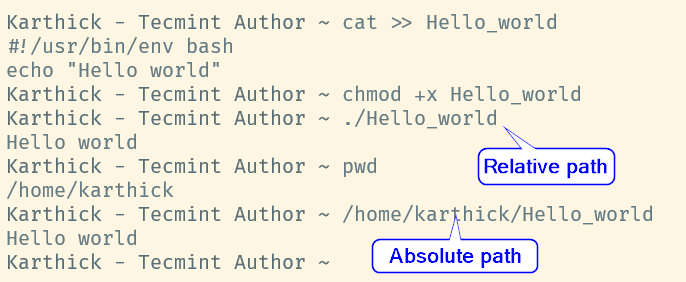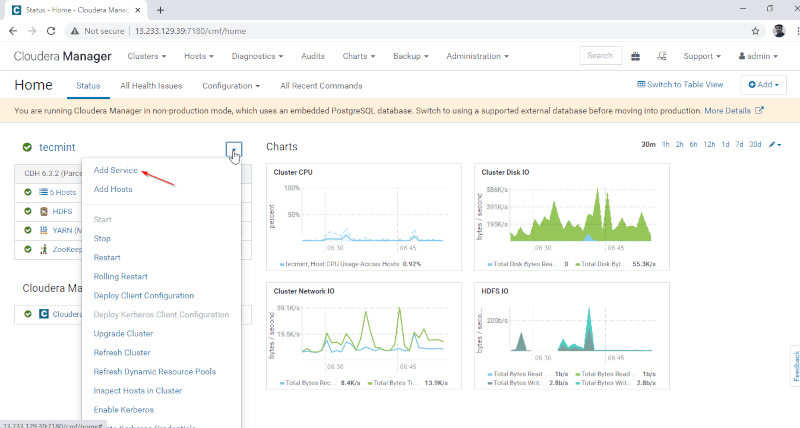PostgreSQL (also known as Postgres ) is the world’s most popular and advanced open-source enterprise-grade object-relational database management system (ORDMS). PostgreSQL has a broad variety of community and commercial support choices accessible for users. The PostgreSQL community and other online learning resource providers, provide many helpful resources to become familiar with PostgreSQL, discover how it
Make Linux Great Again
What is Automation and Configuration Management with CHEF – Part 1
Let’s take a simple scenario, you have 10 redhat servers where you have to create a ‘tecmint’ user in all the servers. The direct approach is, you need to login into each server and create the user with the useradd command. When the servers are 100s or 1000s, login into all servers one by one
Duf – A Better Linux Disk Monitoring Utility
duf is one of the fancy Linux disk monitoring utilities written in Golang. It is released under MIT license and It supports Linux, macOS, BSD, and even Windows too. Some of the core features of duf include: a better ‘df command‘ alternative. Light and Dark color scheme. Output in JSON format. Option to sort, group,
How to Use Two-Factor Authentication with Ubuntu
Over time, the traditional username and password authentication has proven inadequate in providing robust security to applications and systems. Usernames and passwords can easily be cracked using a plethora of hacking tools, leaving your system vulnerable to breaches. For this reason, any company or entity that takes security seriously needs to implement 2-Factor authentication. Colloquially
How To Prevent PHP-FPM From Consuming Too Much RAM in Linux
If you have deployed a LEMP (Linux, NGINX, MySQL/MariaDB, and PHP) stack, then you are probably using FastCGI proxying within NGINX (as an HTTP server), for PHP processing. PHP-FPM (an acronym of FastCGI Process Manager) is a widely-used and high-performance alternative PHP FastCGI implementation. Here are the useful guides on setting up LEMP Stack in
Python For Loop
Loops are one of the fundamental concepts of programming languages. Loops are used to perform repeated tasks until a certain condition is met. There are two main looping constructs in Python that allow you to repeat a block of code repeatedly, the for and the while loops. In this article, we will cover the basics
4 Open Source Log Monitoring and Management Tools for Linux
When an operating system such as Linux is running, there are many events happening and processes that run in the background to enable efficient and reliable use of system resources. These events may happen in system software for example the init or systemd process or user applications such as Apache, MySQL, FTP, and many more.
How to Setup PyDev for Eclipse IDE on Linux
Eclipse is not a new term that programmers will hear. It is very popular in the developer community and has been in the market for a very long time. This article is all about showing how to set up Python in Eclipse using the PyDev package. Eclipse is an Integrated Development Environment (IDE) used for
Learn Difference Between Sourcing and Forking in Bash
The main focus of this article is to clearly understand what happens when you run the script vs source the script in bash. First, we will clearly understand how the program is submitted when you call the script in different ways. NOTE: creating the script with an extension doesn’t matter. Script will run fine even
How to Install and Configure Hive with High Availability – Part 7
Hive is a Data Warehouse model in Hadoop Eco-System. It can perform as an ETL tool on top of Hadoop. Enabling High Availability (HA) on Hive is not similar as we do in Master Services like Namenode and Resource Manager. Automatic failover will not happen in Hive (Hiveserver2). If any Hiveserver2 (HS2) fails, running jobs

